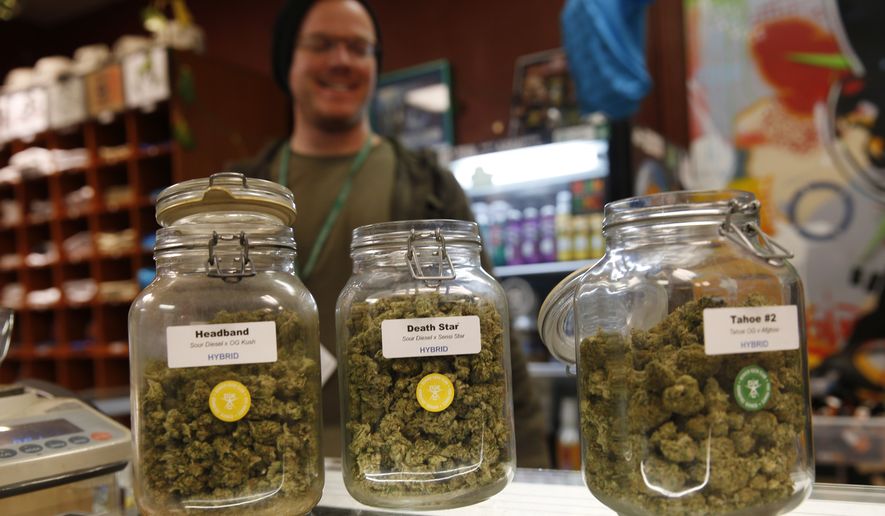The Obama administration has advised the Supreme Court not to take on a legal challenge brought against Colorado’s lax marijuana laws by neighboring states Nebraska and Oklahoma.
Solicitor General Donald B. Verrilli wrote in a brief filed on Wednesday this week that the nation’s highest court isn’t the proper venue for complaints waged against Colorado’s recreational marijuana laws, which officials in the two surrounding states have accused of causing new health and safety concerns within their own borders.
Nebraska and Oklahoma filed a suit with the Supreme Court last December arguing that Colorado’s weed rules, which allow adults to legally produce and distribute pot, has allowed for marijuana to make its way across state lines, subsequently putting a toll on law enforcement resources where the plant is still considered contraband.
The White House was asked to weigh in on the matter back in May, and on Wednesday, the solicitor general said the Obama administration doesn’t think the case is right for the Supreme Court.
“The motion for leave to file a bill of complaint should be denied because this is not an appropriate case for the exercise of this Court’s original jurisdiction. Entertaining the type of dispute at issue here — essentially that one state’s laws make it more likely that third parties will violate federal and state law in another state — would represent a substantial and unwarranted expansion of this court’s original jurisdiction,” Mr. Verrilli wrote.
The case does not satisfy the direct-injury requirement, he added, because Nebraska and Oklahoma contend in their suit that Colorado’s pot laws “increases the likelihood that third parties will commit criminal offenses in neighboring states by bringing legal weed within its borders.”
Nevertheless, Nebraska and Oklahoma “do not allege that Colorado has directed or authorized any individuals to transport marijuana into the territories in violation of their laws,” Mr. Verrilli wrote. “Nor would any such allegation be plausible.”
Additionally, the solicitor general noted that Colorado’s laws only allow for adults to possess an ounce or less of marijuana — not enough, he said, for neighboring states “to suffer great loss or any serious injury in terms of law-enforcement funding or other expenditures.”
The Supreme Court could ultimately elect to hear the states’ challenge regardless of the brief filed this week, but the administration’s opinion may likely influence the justice’s decision.
“They hit on a very important issue without having to directly weigh in on the merits of the suit,” Robert Mikos, a professor at Vanderbilt Law and an expert on federalism and drug law, told the Denver Post of the motion. “The thrust of the argument from the SG is that the Supreme Court shouldn’t be the first one to hear this dispute.”
“I’m happy to see the administration is supporting states’ rights to decide their own marijuana policy,” retired Maj. Neill Franklin, the executive director for Law Enforcement Against Prohibition group, said in a statement. “If Nebraska and Oklahoma want to stop wasting police resources on marijuana, they should be working hard to legalize and control it.”
While marijuana is still considered a Schedule 1 narcotic as far as the Department of Justice is concerned, the states of Colorado, Washington, Oregon and Alaska have all passed measures in recent years allowing adults there to legally consume weed, as has the District of Columbia.
Separately, 23 states now allow for residents with certain health conditions to consume medicinal marijuana, and a provision tacked on to the omnibus spending plan unveiled in Congress this week would prevent the Justice Department from interfering in the ability of states to implement those laws.
• Andrew Blake can be reached at ablake@washingtontimes.com.




Please read our comment policy before commenting.